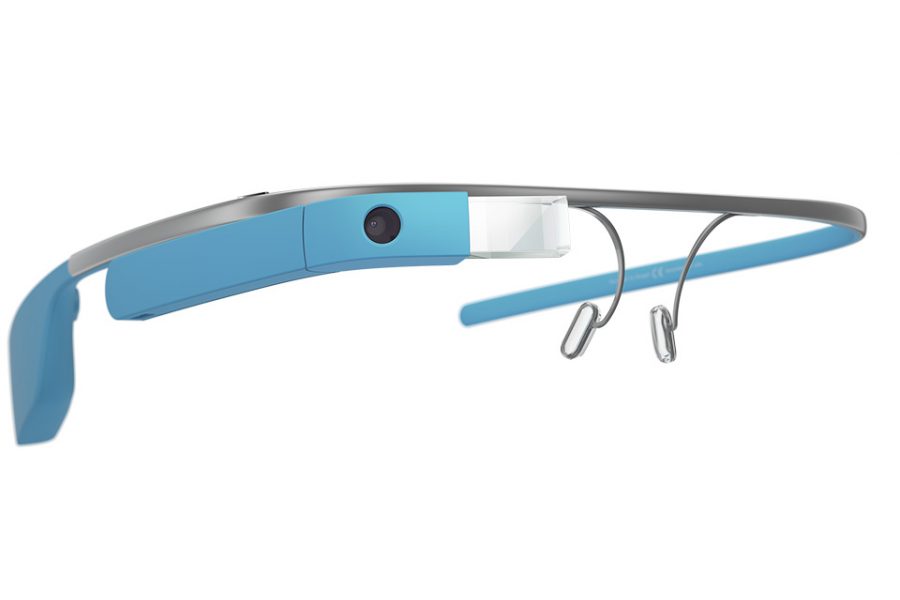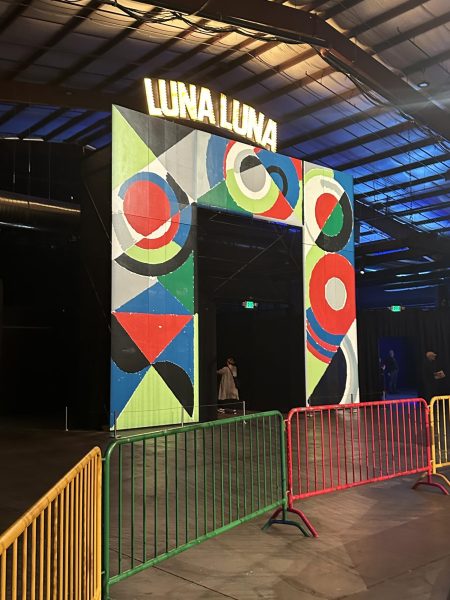Through the Google Glass
June 24, 2014
Once again, the innovative Google Company seeks to broaden society’s parochial views; and this time, it’s literal. Google Glass, the company’s latest product, is a portable computer that is designed to be placed upon one’s head. Two years since its unveiling, the Google Glass can now be purchased in the UK through the Google Play store.
Deemed “wearable technology,” Google Glass encompasses a battery-powered heads up display (HUD), a camera, microphone, and GPS. Basically, it can fulfill tasks just as a smartphone would. In order to operate the Glass, you would use state a command such as “send a message to __.” It can even record footage, search anything on Google’s web, translate your voice, or organize a Google Hangout video call.
The attributes of the Google Glass are quite extraordinary. With adjustable nosepads (and different sizes), in addition to its sturdy structure, it can be comfortably worn. A high resolution display, keen audio/visual, Wifi, Bluetooth, 16 GB of storage, and a battery capable of surviving a whole day of usage are all packed into the impressive specs.
Of course, such an innovation comes with a price—in the case of this invention, a pricey one indeed. Currently, the Explorer Edition costs £1,000 ($1,500), the selection varying from Charcoal, Cotton, Sky, Shale, to Tangerine. In addition, it comes with a gratuitous frame or shade (frames are usually £175 each, while shades are usually £120). Alternative accessories include Google’s frames from its Titanium collection, stereo earbuds (£65), mono iteration (£40), a protective case (£40), and a Clear Shield visor (£60).
The Google Glass cannot be used alongside with normal glasses; but, worry not, for Google’s Titanium Collection is available. Included in this collection are prescription frames and two “twist-on” sunglasses. Overall, the collection costs an additional $225 to the Google Glass.
Although the Google Glass is available for purchase in the UK for people over the age of 18, it is actually still in “beta.” A product in “beta” is the product’s stage of development, meaning that the Google Glass is still a prototype; however, people in the UK may obtain it. Some people in the US were privileged to acquire the product when Google began a competition for it, but the users had to pay $1,500 to test a pair of the specs.
Engineers are still modifying its hardware, software, and even adding applications to further expand its functions. The finished product is to be released later in 2014 to all countries.





















